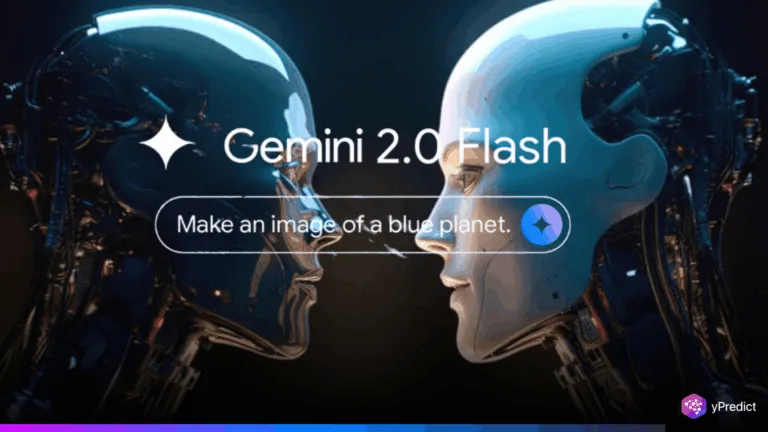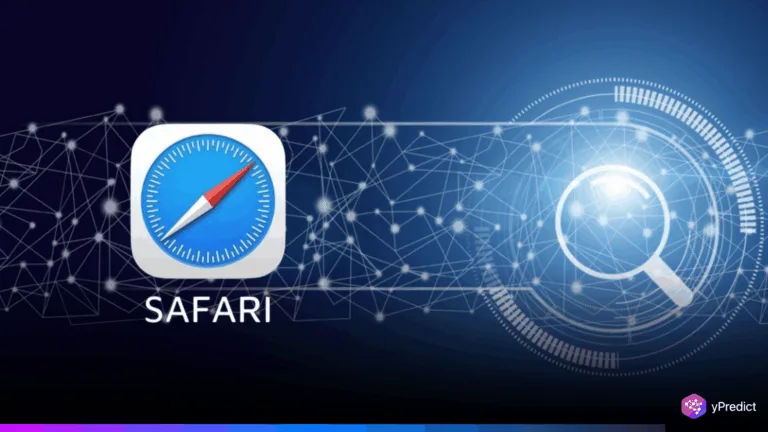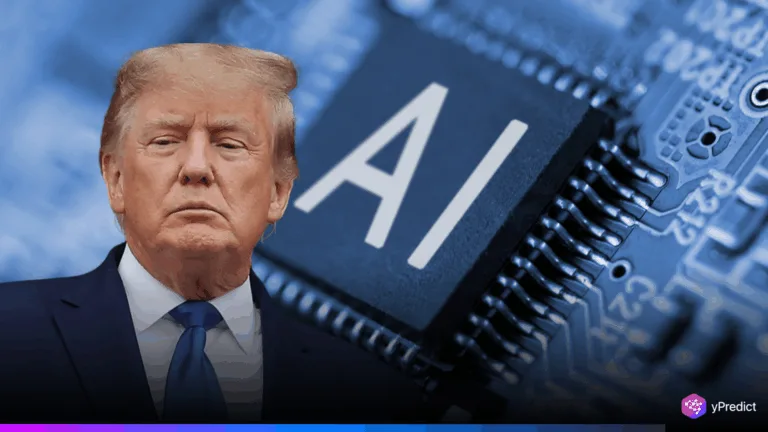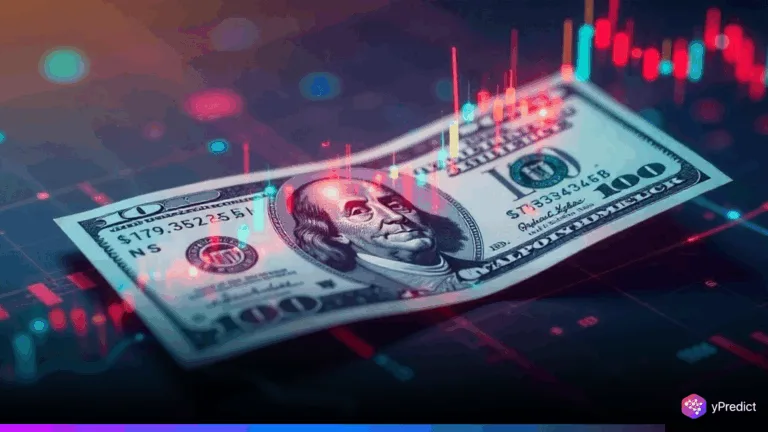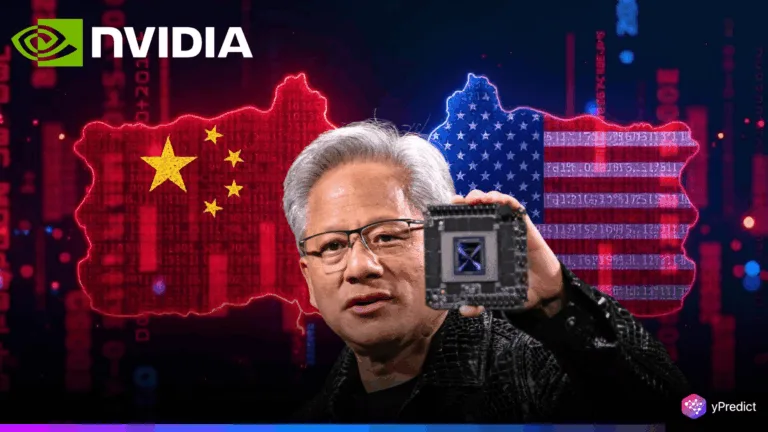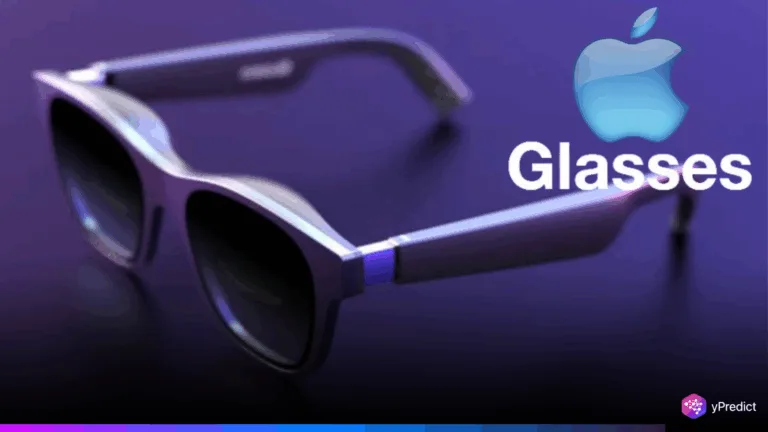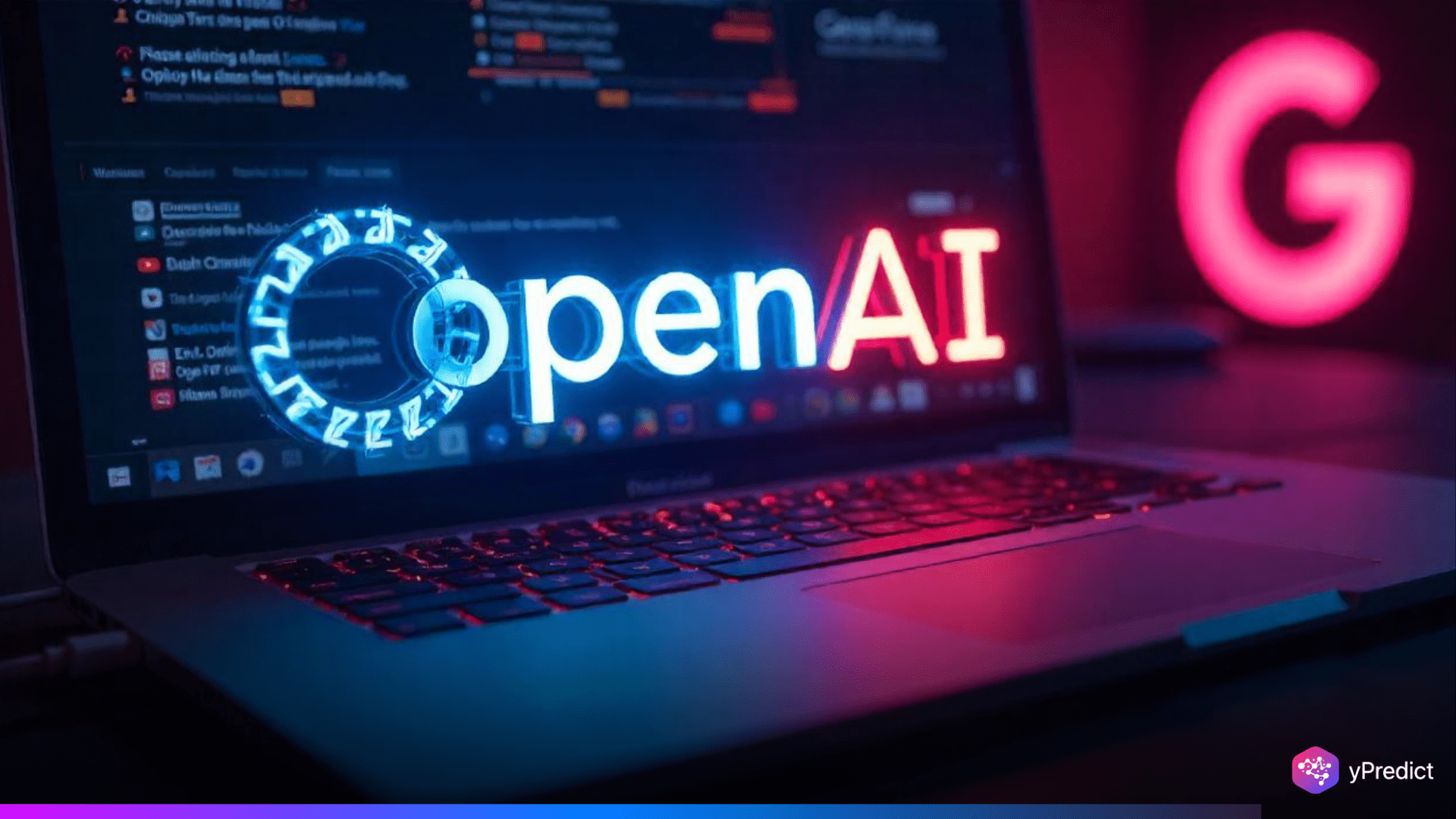
OpenAI head Nick Turley stated that the company would be interested in a potential OpenAI Chrome acquisition if Google is ever compelled to sell its famed browser. This came to light during the ongoing antitrust trial against Google in Washington. In this trial, the U.S. Department of Justice is finding structural solutions to break the Google monopoly. OpenAI, mostly known for ChatGPT, sees Chrome as a pathway to introduce its AI-first browsing experience.
Antitrust Spotlight: A Turning Point for Tech Giants
This week, the U.S. government launched an antitrust trial against Google, focusing on the company’s purported misuse of market dominance. Prosecutors argue that Google’s default deals with companies like Apple and Samsung helped build its Google monopoly, limiting competition and innovation. U.S. District Judge Amit Mehta’s 2024 ruling against Google already confirmed the tech leader’s monopolistic position, prompting an appeal from the company.
Turley testified that OpenAI had previously approached Google to license its technology to improve ChatGPT’s performance in delivering real-time responses. OpenAI thought that having access to Google’s tools would allow for more precise and timely AI updates after problems with another provider. However, Google denied the request, citing competitive risks while supporting the DOJ’s claim of a Google monopoly.
Can OpenAI Redefine the Browser Experience?
A possible OpenAI Chrome acquisition could accelerate the company’s web browser launch goal. Turley explained in court that such a move would give users a firsthand glimpse of an AI-first browser. It will be a powerful combination of speed, personalization, and artificial intelligence.
Emails shown at trial revealed that OpenAI reached out to Google in July with a proposal to access its tools, but the offer was declined in August. “Having multiple partners, especially Google, would help us deliver a more powerful product,” Turley said. OpenAI currently relies on Microsoft’s Bing to supply real-time information for ChatGPT, limiting its control over AI updates.
Internal documents shared during the trial showed that OpenAI initially didn’t consider Google its primary competitor. Instead, it focused on widening access and pursuing creative partnerships. If the OpenAI Chrome acquisition takes place, the partnership strategy may change.
Will AI Innovation Finally Break Google’s Grip?
The Department of Justice is asking for broad reforms, including data-sharing mandates and bans on exclusive agreements, to restore unbiased play in the market. Prosecutors argue that these measures would accelerate progress in artificial intelligence and allow smaller players like OpenAI to compete effectively.
Turley emphasized that real-time data access is crucial for ChatGPT to evolve. The platform aims to respond to 80% of user queries with its capabilities, which could be fast-tracked by forced structural changes and a potential OpenAI Chrome acquisition. That move could also reshape how AI updates are delivered, directly through the browser.
In the meantime, Google has made some recent agreements with device manufacturers more flexible, giving rivals access to Android devices. However, according to the DOJ, additional reforms are required to break the Google monopoly.
Bottom Line: OpenAI May Shift Tech’s Future
If antitrust regulators prevail, the OpenAI Chrome acquisition may be transformative. Then, OpenAI will be able to take the lead in redefining the way the web functions as well as in chatbots. Users may benefit from faster and more intelligent browsing due to ongoing AI advancements and updates. Real change may be on the horizon in a digital world shaped for years by Google’s monopoly.

